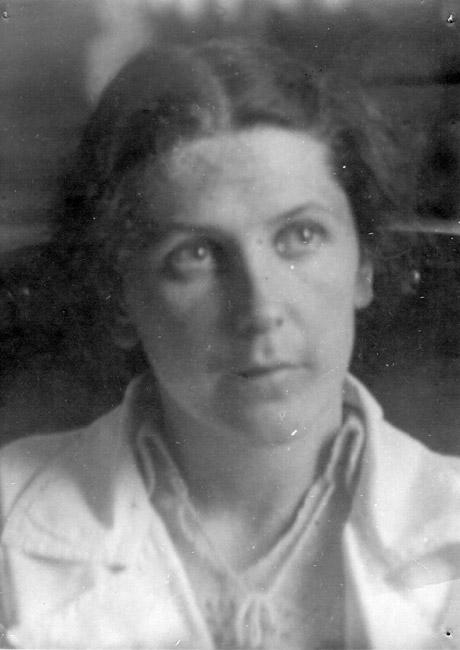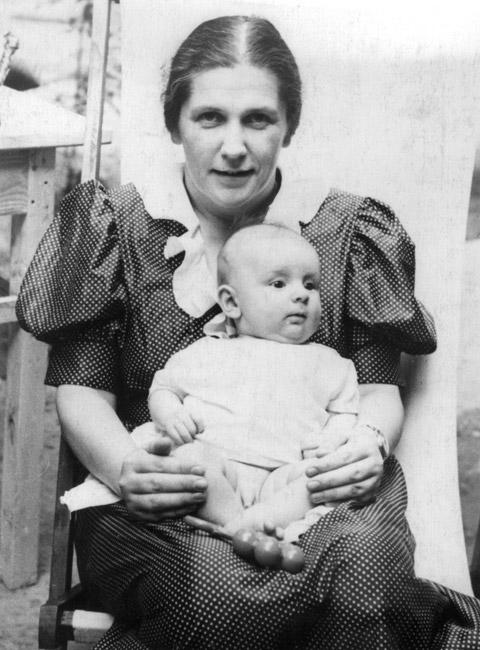On the eve of the German invasion into the Soviet Union, Varvara Tsvileneva was employed as a researcher in the medical institute in Leningrad, and lived on the grounds of the institute with her mother. Isaak and Vera Skoblo were her colleagues at the institute, but she only became real friends of theirs in the spring of 1942, when all the institute’s employees were evacuated to the east in the same train. About two months later, they all arrived at the city of Kislovodsk in the northern Caucasus, which was occupied by the Germans on August 10, 1942. When the Germans announced they intended to evacuate all the Jews, Tsvileneva offered to take in the Skoblos’ children, six-year-old Leonid, five-year-old Inna and their niece, thirteen-year-old Aleksandra, in the hope that she would be able to save their lives. The three Jewish children remained with Tsvileneva, who cared for them with warmth and motherly love for about six months until the end of the occupation. Tsvileneva took great risks in sheltering the children because all the employees of the institute knew they were Jewish. In order to ensure the safety of her wards, Tsvileneva bribed one of the officials in the local government, who, in exchange for a sack of flour, provided three false birth certificates for the Jewish children.
There was a constant danger that one of the collaborators among the institute employees would inform on Tsvileneva, and she and her wards were only able to feel safe when Kislovodsk was liberated by the Red Army on January 10, 1943.
After the war, Aleksandra’s mother located the Skoblo children and took them away from Tsvileneva to her own home. However, the children soon renewed the contact with Tsvileneva and maintained it for many years to come.
On June 11, 1996, Yad Vashem recognized Varvara Tsvileneva as a Righteous Among the Nations.








